Hemp is a crop that can offer biodiversity to our landscape, as well the ability to supply a range of raw materials for fibre, bioenergy, and oil. Its high-end-value products include an extract from the flowers called cannabidiol, or CBD oil. This is in demand around the world as a health stimulant.
This legal conundrum has been a major obstacle to the development of hemp as a crop
But the hemp plant itself, part of the cannabis family, contains a low level of tetrahydrocannabinol (THC), the main narcotic component in cannabis. Industrial hemp contains very low levels of THC (<0.2%), but if any of it transfers to the CBD, it is considered to be a narcotic and is currently banned under EU law.
This legal conundrum has been a major obstacle to the development of hemp as a crop.
While the levels of THC in industrial crops are minimal in comparison to cannabis, the presence of any THC in the CBD oil means it is treated like cannabis and is illegal.
This is unquestionably a setback for the profitable development of hemp
Efforts are under way to have CBD oil classified as a novel food, in an attempt to deal with CBD containing very low levels of THC.
However, the European Commission has recently suspended applications for CBD oil inclusion in its Novel Food Catalogue, suggesting that all extracts from hemp flowers would be better regulated as narcotics under the United Nations Single Convention on Narcotics of 1961.
This is unquestionably a setback for the profitable development of hemp, as even pure CBD oil could be outlawed if the Commission proposal is accepted.
One might expect to see more pressure lobbying of the issue, as the annual spending on CBD oil products in the EU is estimated to be around €8.3bn this year.




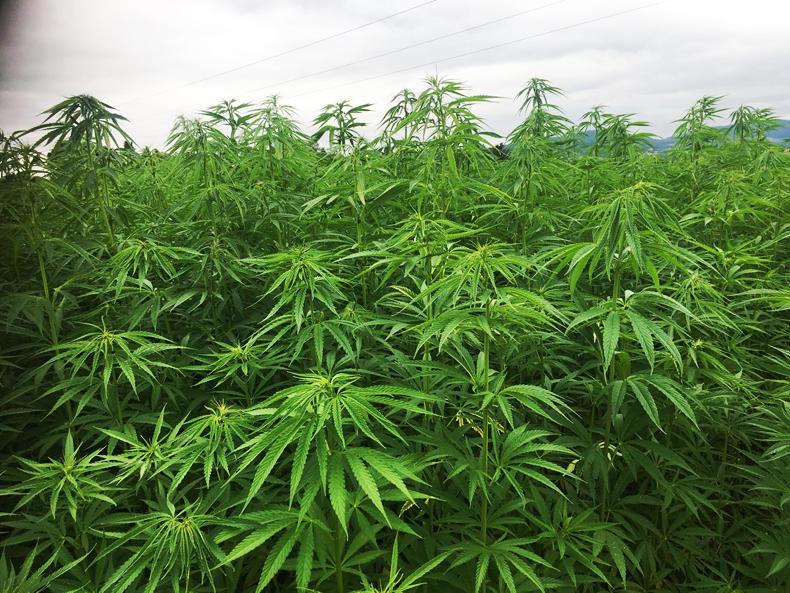
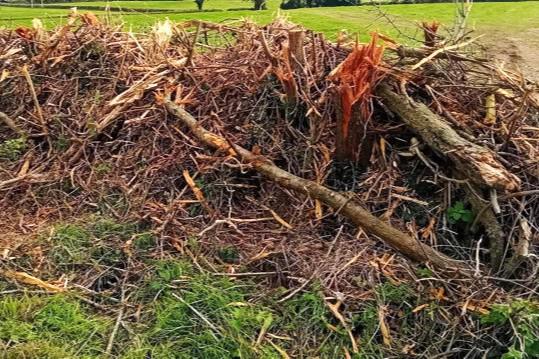
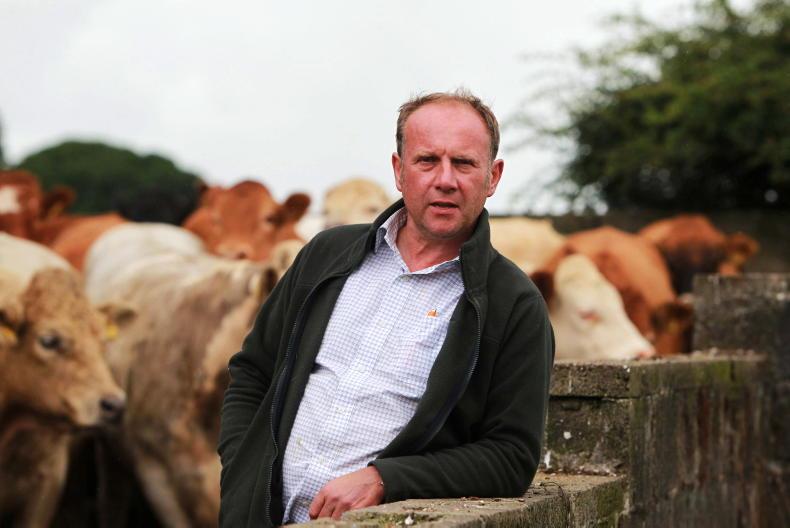
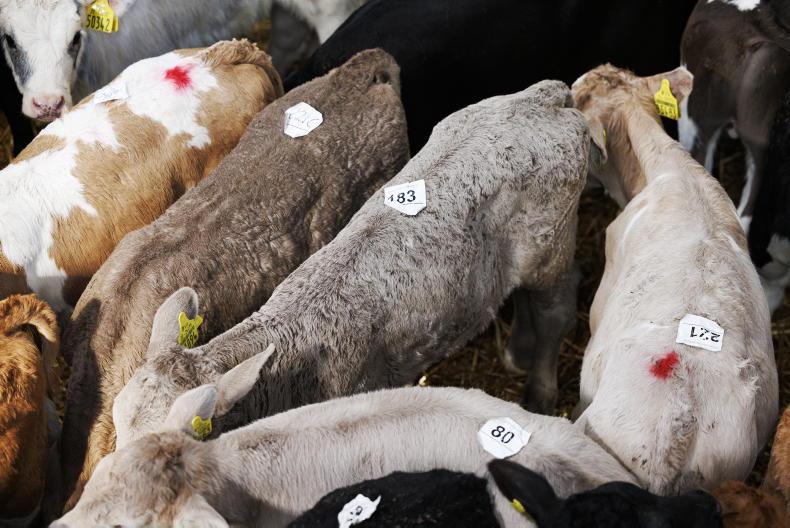
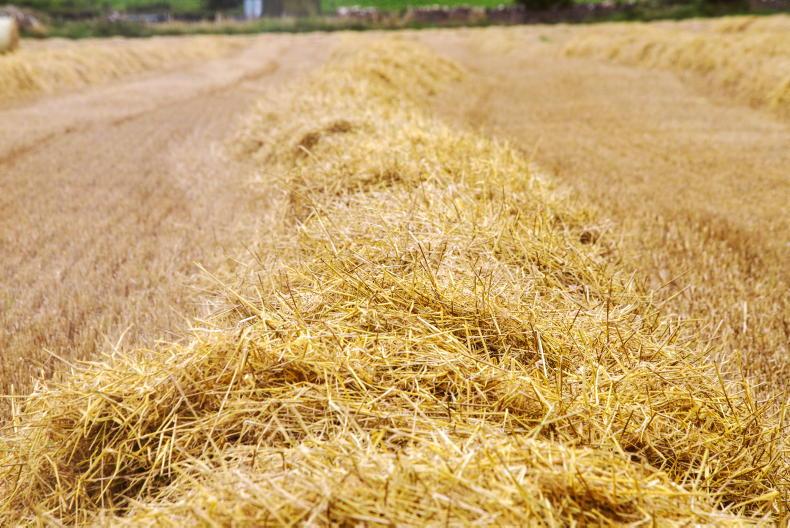
SHARING OPTIONS